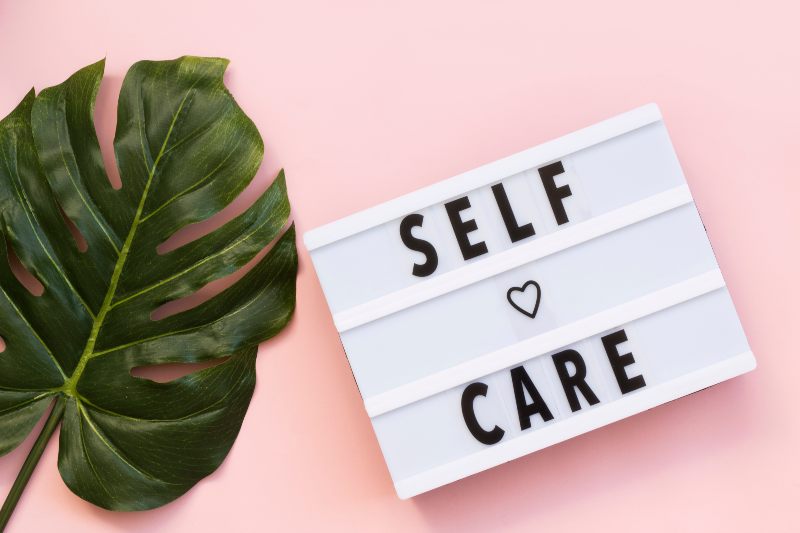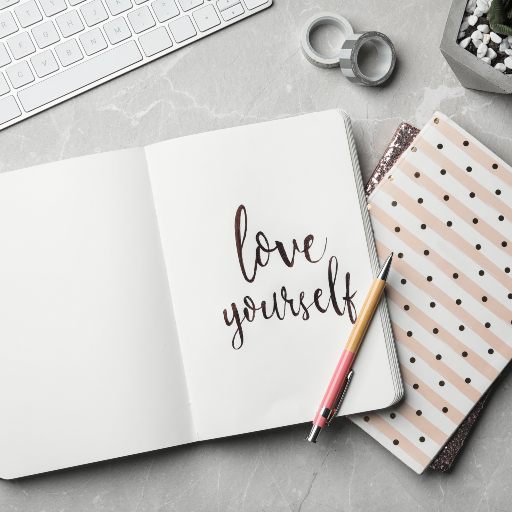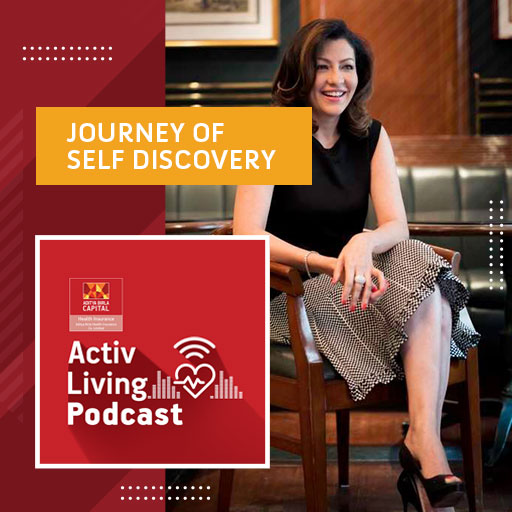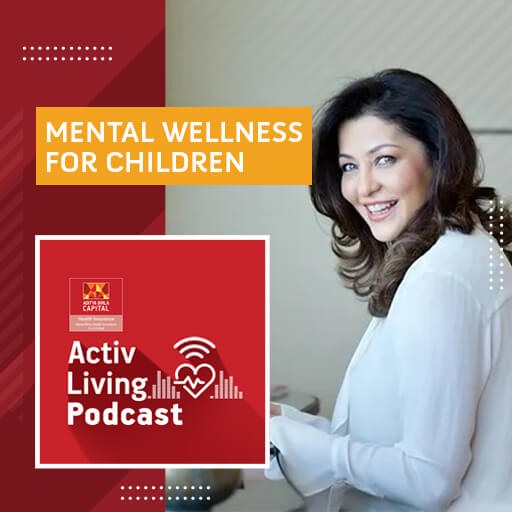While having a conversation with an old high school friend I accidentally let it slip that I was seeing a therapist. The response to that revelation came out to be quite overwhelming. It started out with a barrage of questions about my well-being or the reasons for my mental illness. Then came the offer of helping me deal with them. The standard “I’m here for you, talk to me.” “Why go to a stranger and tell them your secrets”. And then it suddenly turned into an impromptu match of pain Olympics, where I was made to compete against my will. My issues and insecurities were brushed aside as something I conjured up myself and the traumatic life events were compared on the balance scale of grief. The conversation ended up with “if you think YOUR issues are grave enough to go to therapy then I should just be admitted to a mental hospital. But I am strong enough to deal with them myself.” The conversation was tiring and long and left me feeling like a ship-wreck. What started as a simple well-being check turned into a judgement on my inner strength and resilience, all because I mentioned the word ‘therapy’.

I was always a lonely kid who had only one dream and it was to be loved and praised. So I always put extra effort in making sure that I was being as prim and proper as I can. That I was doing the exact same thing all the cool kids in TV shows were doing- Laughing, taking care of my looks, being charming. And fulfilling all the expectations people had of me- winning debate competitions, having perfect grades. If perfection were to be a disease, I was chronically ill. Chasing perfection is an extreme sport and every loss moves you to tears. And in those moments my mother would always tell me not to cry. I was never provided with comfort while I was shedding tears, just a persistent voice telling me to stop crying. It made me realise how people don’t like sad people. That sadness must be felt in little dosage and that too with an appropriate reason. It should be felt for a certain amount of time and then one must move on, never to be sad by the same reason again. One important skill that I learned from all this was to hide my overwhelming sadness. Sadness and I had a strange relationship. It won’t leave me alone for long and would show up at the strangest of hours and leave me feeling damaged and defeated. I never really knew how to deal with it.
The first time I asked my mother to take me to a therapist I was 15, she yelled at me, horrified that I would even dare to ask for such a crazy thing. When her anger subsided, she came by my side and gently told me “this therapy thing is for crazy people Kaushkey and you are not crazy. Everything is fine, why would you possibly need such a thing for”. The ending statement of that conversation was how therapy is a western hoax. That was the beginning of my mother’s obsession of turning me into a religious girl. “God can solve everything child, put faith in him”. So I did. I tried to put my faith in him and pray. And I prayed a lot. I’d pray for many things, peace of mind, better friends, a smaller waistline, perfect grades. I’d sit in the pujas recommended by some priest my mum consulted, and wear amulets and gemstones that were supposed to magically cure me of whichever demon had possessed me and was making me feel these things. The catch was that I was never a firm believer in God. I would join my hands and bow my head, but deep down I always knew that my prayers would be answered not by some mystical deity but by a mental health practitioner. And convincing the ones around me that I needed a therapist instead of an exorcism was one of the most challenging things I have ever done.
Even though I was had a strong belief in the fact that I needed help, I was still very much apprehensive of letting anyone help me. I was scared of all the questions they would ask and all the judgements they might pass. I was scared that I’d be told the very same thing that people around me have been telling me- “it’s all in your head”, “you’re being dramatic”, “you’re not depressed, just lazy”. I was scared to my core that all these things that people have been saying about me would turn out to be true. For three years of my life, I had existed in this weird dilemma that If I show my symptoms then I was being a burden and If I don’t show them then I was faking it. And at that time living in that confused limbo looked so much better than getting help and ripping off the Band-aid. Eventually, I ceded and ripped the Band-Aid off.
The first time I ever attended therapy was two years ago. I remember being so anxious before my session that I could almost hear my heart pounding in my head. It was so…. uncomfortable at first, like going on an awkward first date with your high school crush. I didn’t know how to start or what to say. I had gone through so much to attend that session but when I was sitting in that chair, I was blank as a sheet of paper. But eventually, we found a natural flow, all the credits of which go to her. After the first ten minutes of awkwardness, I finally started speaking and didn’t stop until the hour was up. I didn’t lay my heart out for her, I didn’t talk about my deepest darkest fears and trauma but I did speak a lot and felt significantly lighter coming out of that office. This continued on for many sessions and eventually, I broke down along the way and started showing her all the dark and empty spaces. I started showing my true emotions instead of wrapping my pain in sarcasm and presenting it to people in the form of humour. I started seeing the events with a different perspective and processing all the things I had went through and then finally moving on from them. I won’t say she healed me, quite frankly she made me break down so much more in the span of those one-hour sessions than I had ever imagined. When people talk about healing, no one ever mentions how painful and unnerving it is. How it completely breaks you down into little pieces and makes you see all the rotten parts of you that you had been hiding all along. Healing has the same representation in media as the process of menstruation in sanitary napkin advertisements, people look so happy and cheerful frolicking around meadows while wearing a white dress but in real life you are just laying down one the cold floor writhing and twisting in pain, asking the forever unanswered question of ‘Why does it have to be me’.
In my two short years of therapy, I’ve come to understand that talking about struggles and issues actually helps in untangling them. That piling or ignoring the problems and pain is not the way to go about our lives. It made me realise that even though suffering is a part of life, life shouldn’t be a part of your never-ending suffering. It’s undoubtedly a bizarre concept to many, because so many people think therapy is for crazy, mentally retarded or challenged people. That person who go to ‘a shrink’ are broken, messed up or permanently damaged. This notion can’t be further away from the truth. Processing and making peace with our trauma and improving our mental health is one of the most rewarding investments we can make. We all applaud people for spending hours toning and shaping their bodies. We never judge anyone for going to the doctors to get a physical diagnosis or taking medicines for diabetes or asthma. Then why shame people for keeping their mind in shape, or going to a therapist or a psychiatrist or for taking anti-depressants and other medicines? Why not see and acknowledge mental illness as a real disease and not a bad thought process or attitude? Why make people feel weird about taking care of their minds?
Our mind is the most precious part of ourselves. It is where we truly reside, all our thoughts, emotions, decisions, skills, everything that we have ever thought or felt comes from it. Maintaining that precious part of ourselves is worth everything. I’d love to exist in a world where mental health issues are not stigmatized and people are not shamed for seeking help. Therapy has helped me more than I can tell you. It has given me a space to acknowledge all the parts of myself that I thought were better concealed. It’s been a friend to me when I had none. A companion through hardships and pain. It made me see all the colours in my life that once felt so bleak and grey. It’s like opening the lid of the bell jar where I was stewing in the sour air of my emotions and taking a breath of fresh air after a long time. And the best part of it all is realising that it isn’t a process of ‘forgive and forget’ but building up my strength to deal with it all on my own. It is a recalibration of our mind and a healthy indulgence of self-care. It’s such a joy to exist in this world with a healthy head on my shoulder. It’s such a great feeling to be alive and happy.
Credit: Mindpeers.co





 1800-270-7000
1800-270-7000











